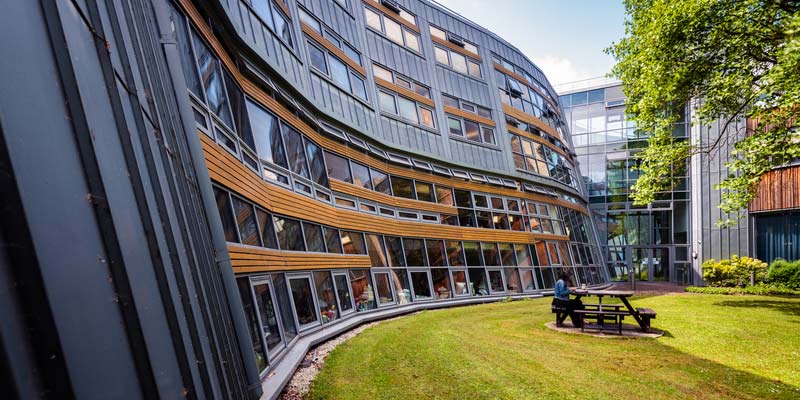Whether you've studied art history before, or are new to the subject, our highly innovative and flexible MA programmes are curated to match your interests.
Why study history of art at York?
We boast one of the largest and liveliest art history postgraduate communities in the country, with a strong emphasis on collaboration and interdisciplinary study.
As a postgraduate student in the Faculty of Arts and Humanities, you’ll have access to the Humanities Research Centre, a vibrant interdisciplinary research hub in the heart of campus. With dedicated study spaces, social and academic events, and an inspiring research environment, you'll have opportunities to make personal connections and to think beyond your own subject area.






